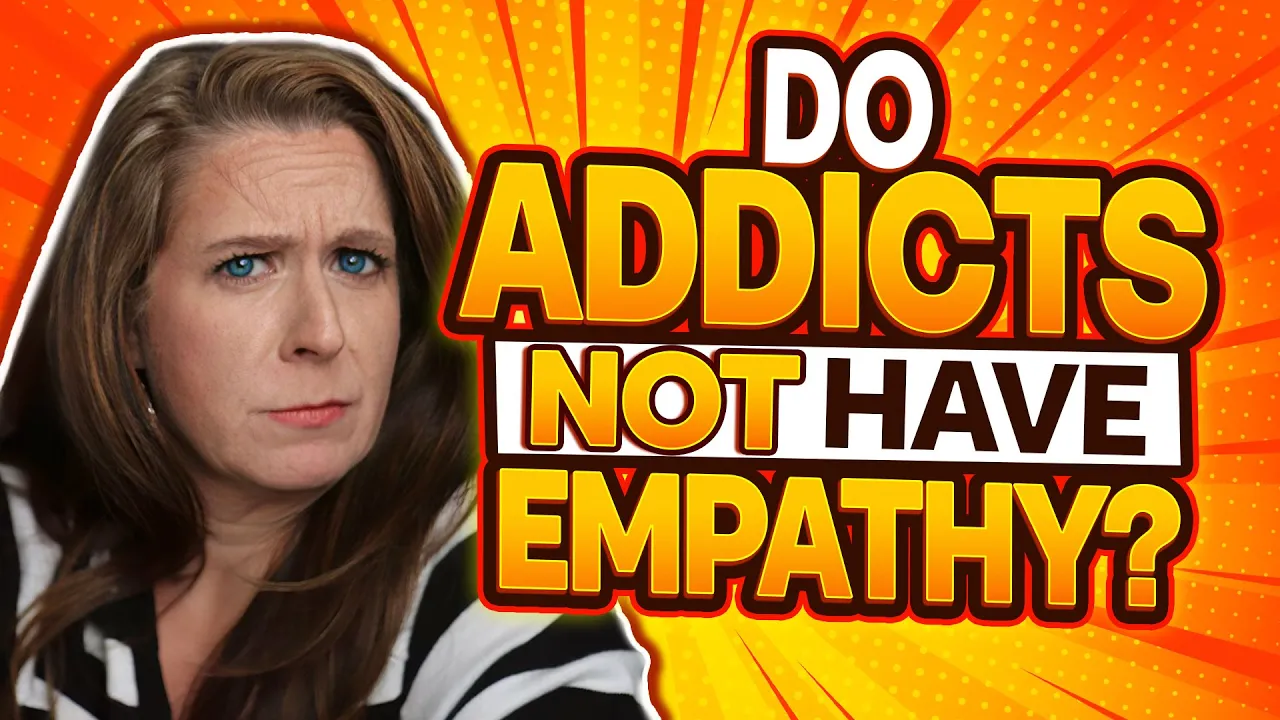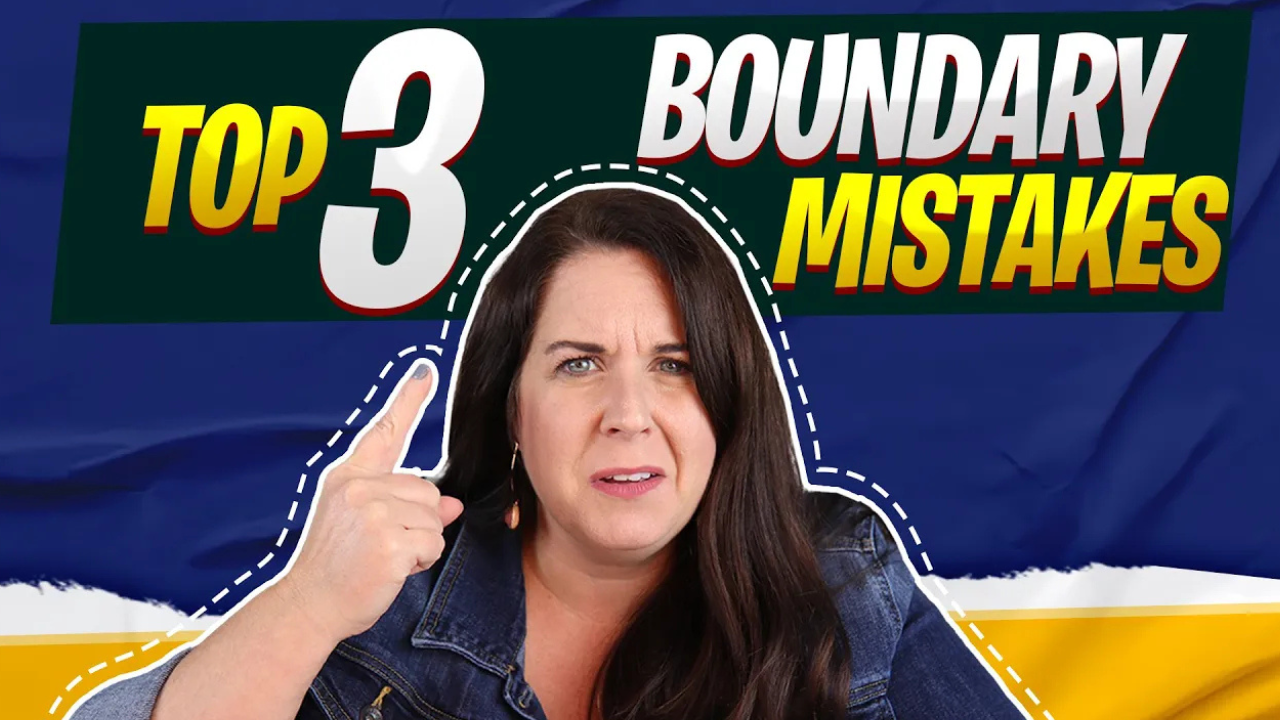Do Addicts Mean The Hurtful Things They Say?
Do Addicts Mean the Hurtful Things They Say? Understanding Addiction and Empathy
Have you ever wondered, Do addicts mean the hurtful things they say? If so, you’re not alone. This is a question I recently received from a viewer, and I know many of you may be struggling with the same concern.
So, let’s break it down—do they mean it? The answer is yes, no, and sometimes. Confusing, right? Let’s dive deeper so you can understand when they mean it when they don’t and why addiction often seems to strip away empathy.
How Addiction Affects Thoughts, Emotions, and Behavior
People in active addiction are often operating from a place of intoxication, desperation, or defensiveness—and all three can impact what they say and how they act. Understanding these states can help you make sense of their words and behavior.
1. Intoxication: Truth, Distortion, and No Filter
Substances like alcohol and drugs alter brain function, making it hard for a person to regulate their emotions and thoughts.
- Is there truth in what they say when intoxicated? Sometimes, but it’s often magnified and distorted.
- Why do they say such mean things? Their emotional filter is gone, and they may be ruminating on negative thoughts, working themselves up into an exaggerated emotional state.
- What should you believe? While there might be a grain of truth, don’t take intoxicated words as absolute reality.
For example, a person who is typically conflict-avoidant might suddenly express pent-up resentment while drunk—but that doesn’t mean they truly feel that way all the time. The emotional outburst is often a symptom of the substance's impact on the brain.
2. Defensiveness: Saying Whatever It Takes
When confronted about their addiction, people often become defensive. And just like anyone else, when we feel attacked, we say things we don’t always mean.
- A person in denial might lash out, saying, You’re the problem, not me!
- If they feel backed into a corner, they may try to hurt you emotionally in return.
- In some cases, they might twist the truth or say whatever will get you off their back.
This isn’t an excuse for bad behavior, but it does explain why a person in active addiction may say things that are exaggerated, manipulative, or not entirely truthful.
3. Desperation: Manipulation for Survival
If addiction has taken hold, the person’s brain is wired to prioritize the next fix over everything else—including relationships. When someone is desperate to use, they might:
- Start nice – promising to change, giving excuses, or downplaying their problem.
- Get frustrated – if kindness doesn’t work, they may become angry or manipulative.
- Pick a fight – some will intentionally provoke an argument so they have an excuse to storm off and use.
At this stage, their words are often a means to an end rather than a true reflection of their feelings.
Why Does Addiction Seem to Erase Empathy?
If you feel like your loved one has no empathy when they’re in active addiction, you’re not imagining it. Addiction affects the brain’s prefrontal cortex, which controls impulse regulation, decision-making, and empathy.
When a person is intoxicated, in withdrawal, or desperate to use, their ability to consider how their words and actions impact others is severely diminished. It’s not that they don’t care deep down—it’s that their brain is hijacked by addiction, making their substance of choice the priority.
How to Protect Yourself from Hurtful Words
Knowing that addiction distorts reality doesn’t mean you should accept verbal abuse. Here are a few ways to handle it:
- Set boundaries – Make it clear that you will not tolerate cruel or manipulative behavior.
- Don’t engage in fights – If they’re intoxicated or in a desperate state, arguing won’t help. Step away if needed.
- Remember the real them – Addiction may be in control now, but their hurtful words don’t define them.
- Seek support – Whether through counseling, Al-Anon, or a trusted friend, you don’t have to navigate this alone.
Final Thoughts: Do They Really Mean It?
The answer is yes, no, and sometimes. Addiction warps emotions and behavior, but that doesn’t mean you should ignore or excuse harmful words. If you’re struggling with a loved one’s addiction, remember—you can’t control their words or actions, but you can control your response.
Want to learn more about how addiction fuels manipulation? Watch this video next, where I break down the common tactics and how to protect yourself. You can also check out my playlist on manipulation to dive even deeper.
ADDITIONAL RESOURCES:
🆓FREE Downloadable Resources: https://www.familyrecoveryacademy.online/free-resources
🙋🏻♀️FB group for family members: https://www.facebook.com/groups/familyrecoverysupport
📆Make An Appointment With One Of Our Specialists: https://www.familyrecoveryacademy.online/consultations
Get 10% off Virtual Counseling with our sponsor BetterHelp 👇🏻 https://betterhelp.com/PutTheShovelDown
💯Incredibly accurate personality tests that light up your life—at home, at work, and in relationships 👉🏻 https://www.truity.com/?a=5122460
📚Amazon Book Recommendations: https://www.amazon.com/shop/addictionrecoveryresources-hopeforfamilies


